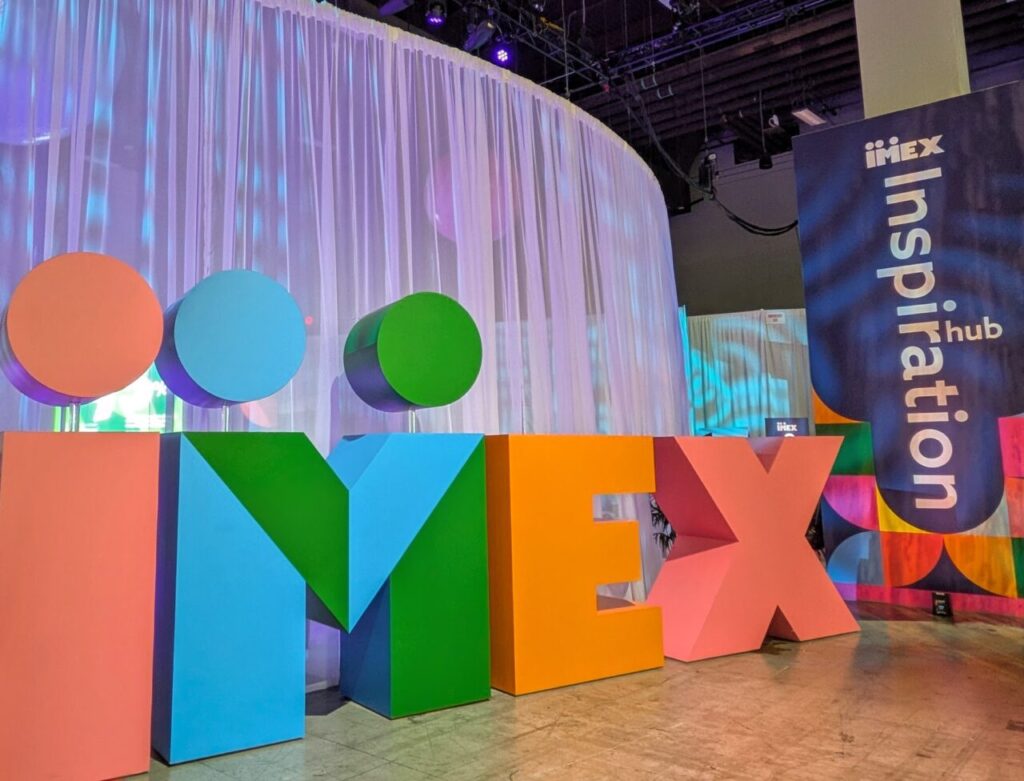About 140,000 toll-free numbers in the 888 code that were reserved from use are scheduled to be made available today, April 5, and are expected to be snapped up quickly.
The release should bring an end to the long saga of the numbers–except that certain people may face possible jail terms for not complying with a government request concerning them.
The Federal Communications Commission in 1996 allowed marketers to set aside as “unavailable” nearly 370,000 of the 888 numbers that corresponded to their 800 numbers. Many of the numbers were valuable vanities; marketers feared misdials by consumers or mischief by competitors seeking to profit from the confusion.
In March 1998, after long deliberation, the FCC finally decided to give those marketers a right of first refusal on the set-aside numbers (but not on the subsequent 877 and future 866 codes). About 230,000 of the numbers were requested and assigned, leaving about 140,000.
The FCC said it would allow the unclaimed numbers to be moved from “unavailable” to “spare” status once it was satisfied that the subscribers had been given a chance to claim them.
Two weeks ago, Lawrence E. Strickling, chief of the FCC’s common carrier bureau, informed the New Jersey-based administrator of the toll-free database that the “right-of-first-refusal process” was over, and the numbers were to be moved beginning at noon and ending at 6 p.m. EST on April 5. They will be available on a first-come, first-served basis.
The FCC had required the so-called RespOrgs, or Responsible Organizations–the companies that manage marketers’ toll-free records–to certify that they had at least attempted to find out from subscribers whether they wanted the numbers.
In his March 19 letter, Strickling said that the RespOrgs have done so with only about 90% of the numbers, adding “RespOrgs that failed to comply with the procedures are being referred at this time to the Bureau’s Enforcement Division.” Possible penalties include decertification as RespOrgs, a fine and even imprisonment.
On March 30, a committee of the Alliance for Telecommunications Industry Solutions asked the FCC to release today only those numbers that had been positively declined and to hold off until June 1 on the others for which there was no response. The delay would give the RespOrgs more time to reach subscribers, the Washington, DC-based trade group said.
Anna Gomez, chief of the FCC’s Network Services Division, said Friday that there were “no plans to push back the deadline.”
 Network
Network

